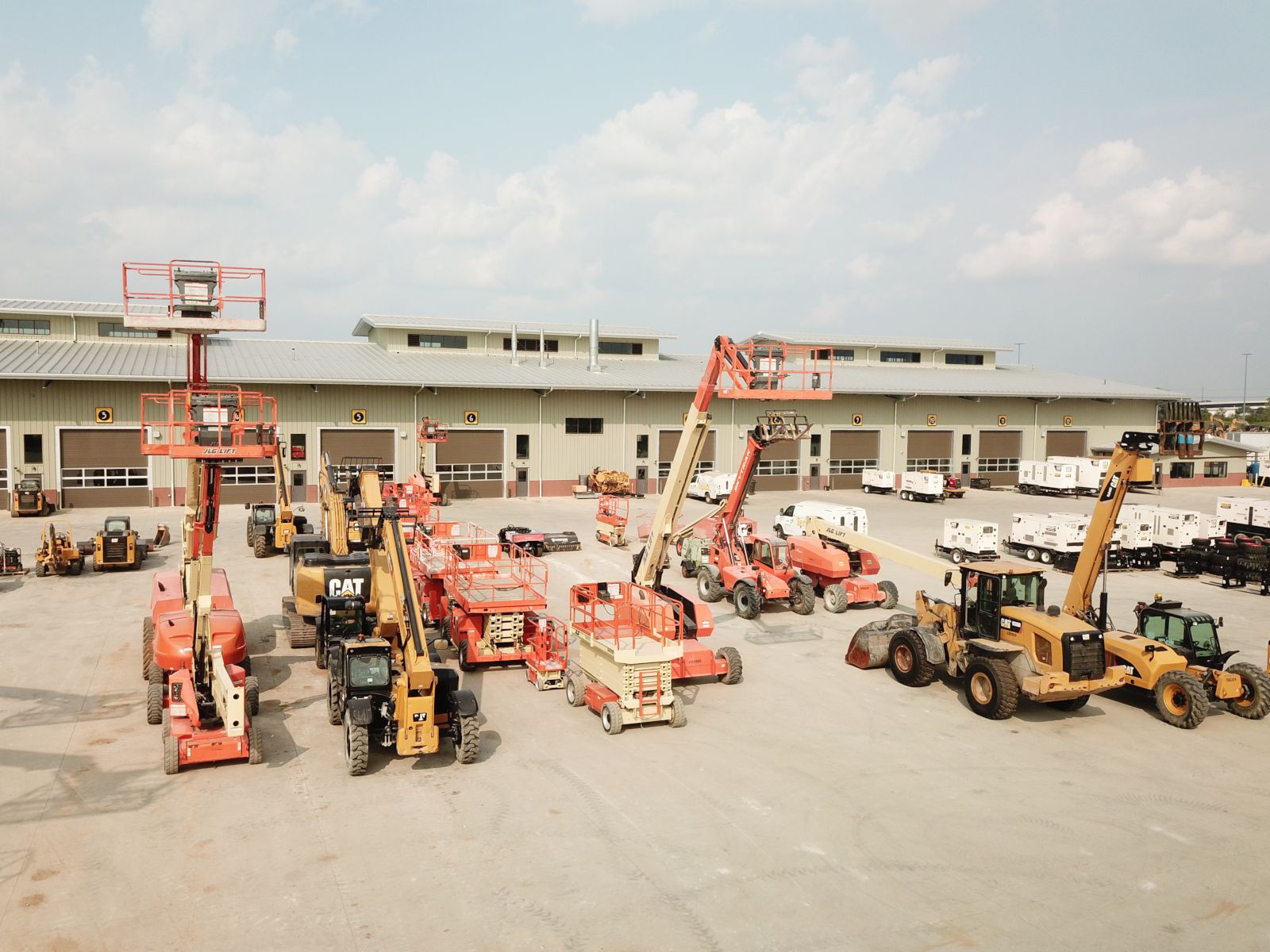Maximize Your Budget by Understanding the Costs Connected With Building And Construction Tools Leasings
Comprehending the full extent of expenses related to construction equipment leasings is important for maximizing your spending plan. While the first rental cost may appear simple, various added costs-- such as transportation, gas surcharges, and upkeep-- can swiftly build up, affecting your monetary preparation. Being conscious of various fees and the intricacies of rental agreements can aid avoid unforeseen financial problems. What strategies can be used to efficiently take care of these costs and make sure a more effective rental experience?
Summary of Rental Costs
When taking into consideration building tools leasings, recognizing the connected expenses is extremely important for efficient budgeting and project preparation. Rental costs can differ substantially based on a number of factors, including devices type, period of rental, and location. The initial rental cost frequently mirrors the equipment's market need and its linked operational capacities, affecting the total expense.
Along with the base rental rate, supplementary prices might emerge, such as transportation charges, gas surcharges, and maintenance charges. It is vital to make up these extra costs to precisely analyze the total cost of renting out equipment. The rental period can influence rates; longer services might qualify for discounted rates, while temporary rentals could sustain greater everyday fees.

Malfunction of Rental Prices
An extensive understanding of rental rates is important for service providers and task managers intending to enhance their budgets. Rental rates for building and construction devices normally contain a number of parts, consisting of base rates, time-based fees, and use costs.
Base prices are the core fees connected with the rental of the devices, often figured out by the type and size of the equipment. These rates can vary considerably, influenced by elements such as tools demand, availability, and local market fads. Time-based costs, which might be daily, weekly, or monthly, offer to suit various project timelines and rental durations.
Additionally, rental prices may consist of usage costs, which are applicable when tools is used beyond a defined threshold, making sure that the rental firm can represent wear and tear. Seasonal demand variations can likewise influence rental rates, with peak building and construction seasons typically regulating higher rates.
In addition, understanding the rental company's plans concerning maintenance and insurance policy can provide additional insight into the general price structure. By assessing these components, professionals can make enlightened choices, guaranteeing the choice of rental devices lines up with both task needs and budget restraints.
Extra Costs to Think About
Comprehending the complexities of extra fees is vital for contractors to manage their total leasing expenditures effectively. Past the common rental rates, numerous auxiliary charges can substantially affect the overall expense of tools leasing. These charges typically consist of shipment and pick-up fees, which can vary based upon range and logistics associated with moving the devices to and from the job site.
Furthermore, some rental business might enforce gas surcharges if the devices is returned with less fuel than when leased. It is also necessary to recognize prospective cleaning fees, specifically for specialized devices that requires complete upkeep after use.

Thoroughly assessing the rental arrangement and clearing up these added charges ahead of time can aid professionals make sure and stay clear of unexpected costs that budgets remain undamaged throughout the project lifecycle.
Upkeep and Fixing Expenditures
Routine repair and maintenance expenses are frequently overlooked aspects that can substantially affect the total expense of construction tools rentals. When renting out equipment, it is critical to think about not just the rental fees however also the prospective prices connected with maintaining the machinery in ideal operating problem.
Several rental business consist of standard maintenance as part of the rental arrangement; nonetheless, much more unanticipated break downs or extensive repair services can lead to additional costs. It's necessary to review the rental contract thoroughly to recognize what upkeep services are covered and what responsibilities fall on the click to find out more tenant.
Additionally, tools that is not well-maintained can result in ineffectiveness on duty website, possibly creating delays and boosting job prices. To minimize these threats, it is suggested to conduct routine inspections and preserve open communication with the rental provider regarding any type of problems that occur during usage.
Insurance Policy and Responsibility Prices
Insurance coverage and obligation expenses are important parts that can dramatically influence the general cost of construction equipment rentals (construction equipment rentals). These costs ensure that both the rental firm and the client are protected from possible financial losses arising from accidents, damages, or burglary during the rental duration

Furthermore, customers ought to understand any deductibles or exemptions in the insurance plan, as these can next page influence prospective out-of-pocket expenditures. Comprehending the terms and conditions of any kind of insurance protection is essential to large equipment sales stay clear of unexpected expenses. Eventually, budgeting for insurance and liability expenses can assist ensure a smoother rental experience and safeguard against economic risks connected with building and construction projects.
Final Thought
In conclusion, a comprehensive understanding of the costs associated with construction equipment rentals is essential for reliable spending plan monitoring. Eventually, educated decision-making relating to tools leasings contributes to the overall success of building and construction undertakings.
Rental expenses can vary significantly based on numerous aspects, including equipment kind, duration of service, and location (equipment rental company). The rental duration can affect prices; longer rentals may certify for discounted prices, while short-term rentals may incur greater daily charges
By conducting detailed research study and engaging with reliable rental firms, professionals can properly navigate the complexities of rental pricing, ultimately optimizing their economic resources.
Beyond the basic rental prices, various auxiliary charges can dramatically influence the total cost of equipment service. Rental firms frequently provide responsibility insurance coverage that covers injuries to third parties or damages to home, while tools damages insurance policy can cover the price of fixings or substitute if the rented tools is damaged.